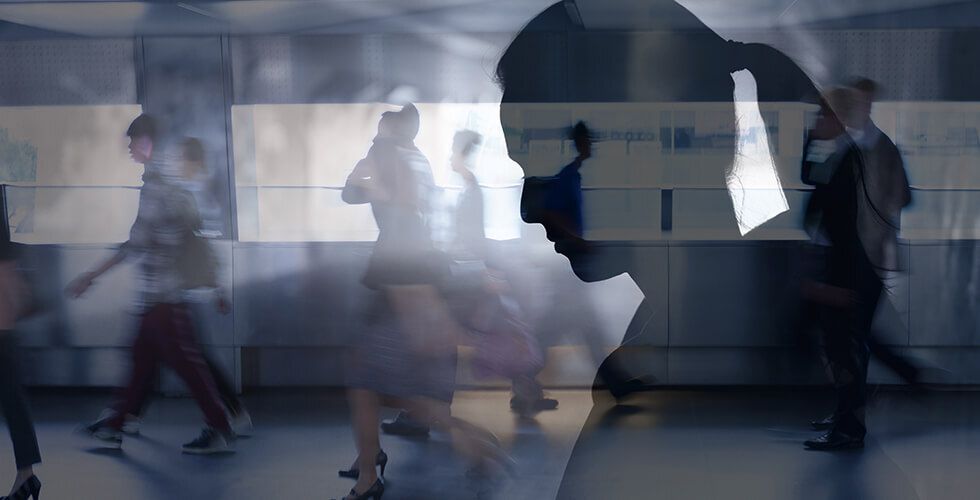
What looks like simple shyness can sometimes mask something much deeper. Social anxiety isn’t just about feeling nervous in crowds or needing time to warm up—it’s a persistent, overwhelming fear of being judged that can affect work, relationships, and daily life. Unlike introversion, which is a personality trait, social anxiety is a mental health condition that can make even routine interactions feel high-stakes.
One telltale sign is wanting to join in but feeling paralyzed. You might long to connect but fear rejection so much that you stay silent in meetings or avoid reaching out to friends. Surprisingly, social anxiety can also hide behind an outgoing personality. Many socially anxious people seem confident in groups yet later obsess over every word they said, convinced they didn’t belong. Physical symptoms are another clue: racing heart, nausea, or sweaty palms often hit before your brain has time to rationalize, making your body feel like it’s in danger even in casual settings.
A constant fear of being judged—replaying conversations long after they’ve ended—is another red flag. Unlike shyness, the discomfort doesn’t fade as you “warm up”; the anxiety lingers, even around familiar people. In severe cases, this can lead to avoiding major opportunities entirely, from skipping social events to turning down promotions that require public speaking.
The good news? Social anxiety is treatable. Experts recommend gradual exposure to feared situations, reframing small “mistakes,” and using calming techniques like deep breathing in the moment. For more intense cases, therapy offers structured strategies to rebuild confidence. While social anxiety can make a dinner party or work event feel like walking a tightrope, learning to recognize the signs is the first step toward loosening its grip—and reclaiming joy in everyday interactions.

